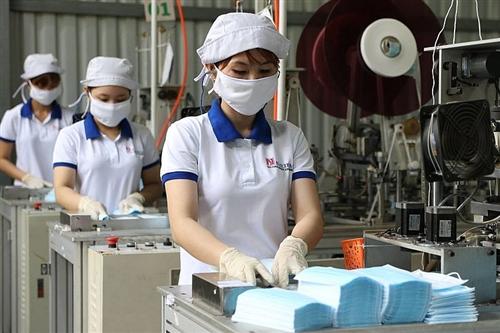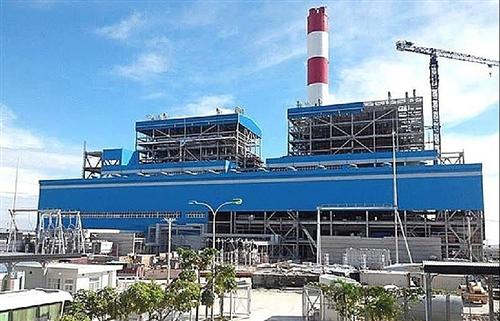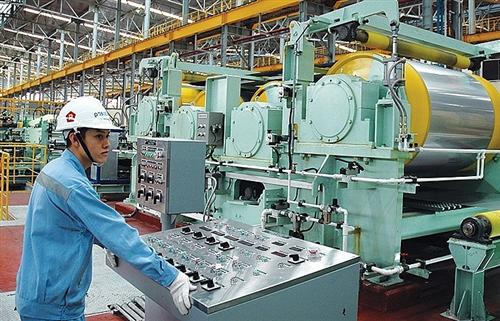No special treatment for support industries: MoF
No special treatment for support industries: MoF
The Ministry of Finance (MoF) and the Ministry of Industry and Trade (MoIT) have failed to find common ground with regards to tax policies for Viet Nam’s support industry enterprises. 
In the latest response to a recent document circulated by the MoIT on solutions to aid the growth of the support industry, the MoF suggested the MoIT remove several key points on possible changes made to the Law on Value-added Tax, Law of Special Consumption and Law on Personal Income.
The document, reportedly introduced by the MoIT, aims to simplify the country’s tax code and push for wider administrative reforms for the manufacturing sector and support industries.
While it did not oppose the changes, the MoF said policy changes must go through the proper channels and be subject to rigid scrutiny before they could be implemented. This is the third time it has made such comments on the matter since the formation of the document.
The MoF cited recent directives approved by the Politburo and the National Assembly to separate social assistance and tax duties, a move aimed at maintaining tax neutrality. It also claimed to have prepared guidelines and solutions in line with the directives and therefore advised the MoIT to stay clear of specifics on such matters.
For example, import duties for car engines and gearboxes in 2019 under the ASEAN Trade in Goods Agreement (ATIGA) and ASEAN-Korea Free Trade Agreement (AKFTA) were set at the same or lower than the most favoured nations (MFN) level for 2018.
According to the MoF, bringing the level of tariffs down to ATIGA level at 0 per cent for said commodities would speed up the implementation of both the AKFTA and the Viet Nam-Korea Free Trade Agreement (VKFTA), and potentially disrupt trade as businesses diverted activities to countries with preferential tariff rates.
In 2019, car engines and gearboxes from S Korea accounted for 33.7 per cent of total imports, with China in second place at 20 per cent, followed by ASEAN and Japan at 18 per cent. Should businesses want to take advantage of reduced import tariffs, they could opt to import from ASEAN and Japan. Speeding up the AKFTA and VKFTA would further skew the trade balance in favour of importing more from S Korea, resulting in increased dependency on a single source, less diversified supply and reduced tax income.
In addition, automotive assembly, under the effect of Government Directive 111/2015/ND-CP to aid support industries, was already enjoying several preferential policies including zero import tariffs on parts that could not be sourced domestically for up to five years, which in the MoF’s view was adequate as a support measure.
The MoF also said it did not favour the study of a special credit scheme or prioritised ODA funding for support industries, claiming they should be treated just like other industries by going through the common borrowing protocol.



























